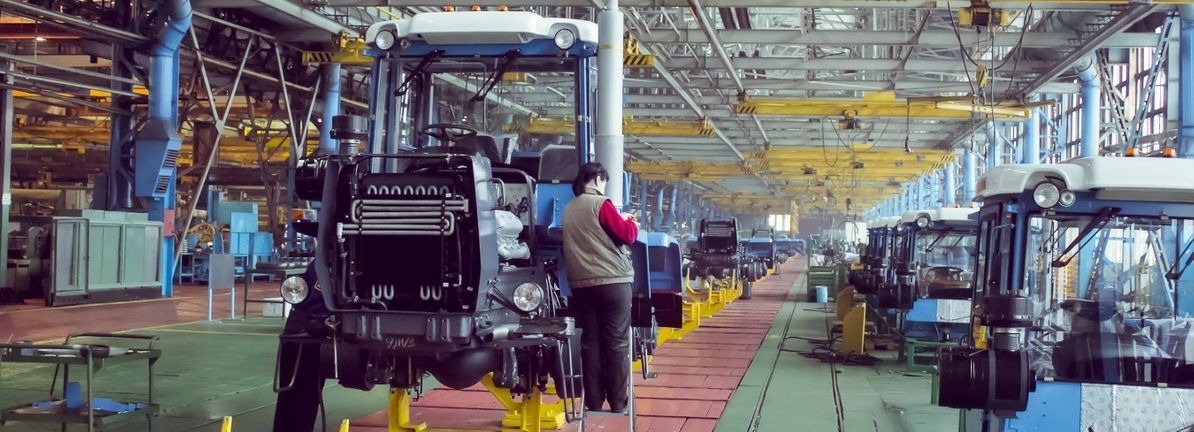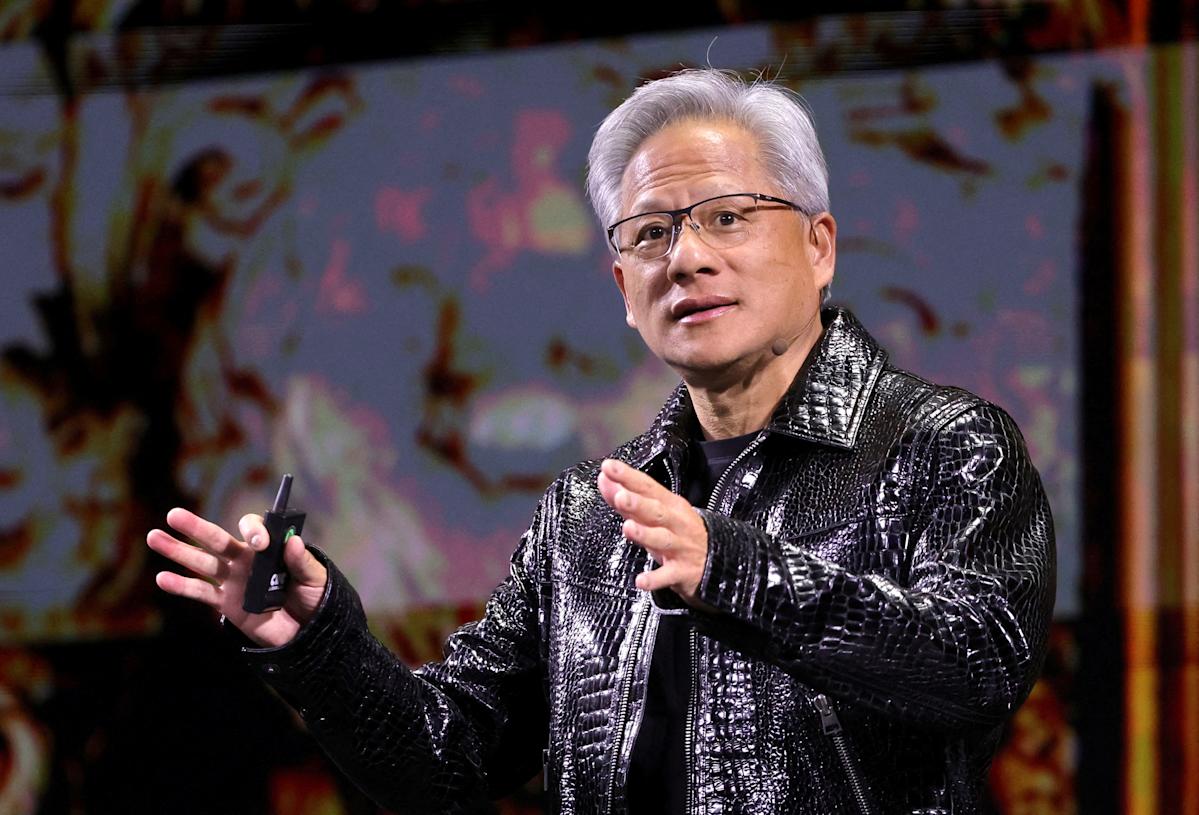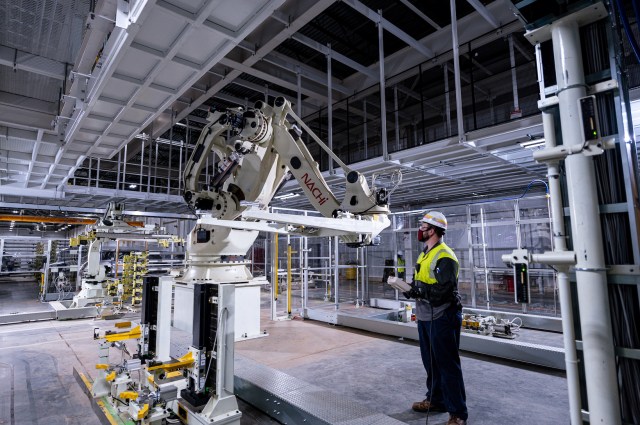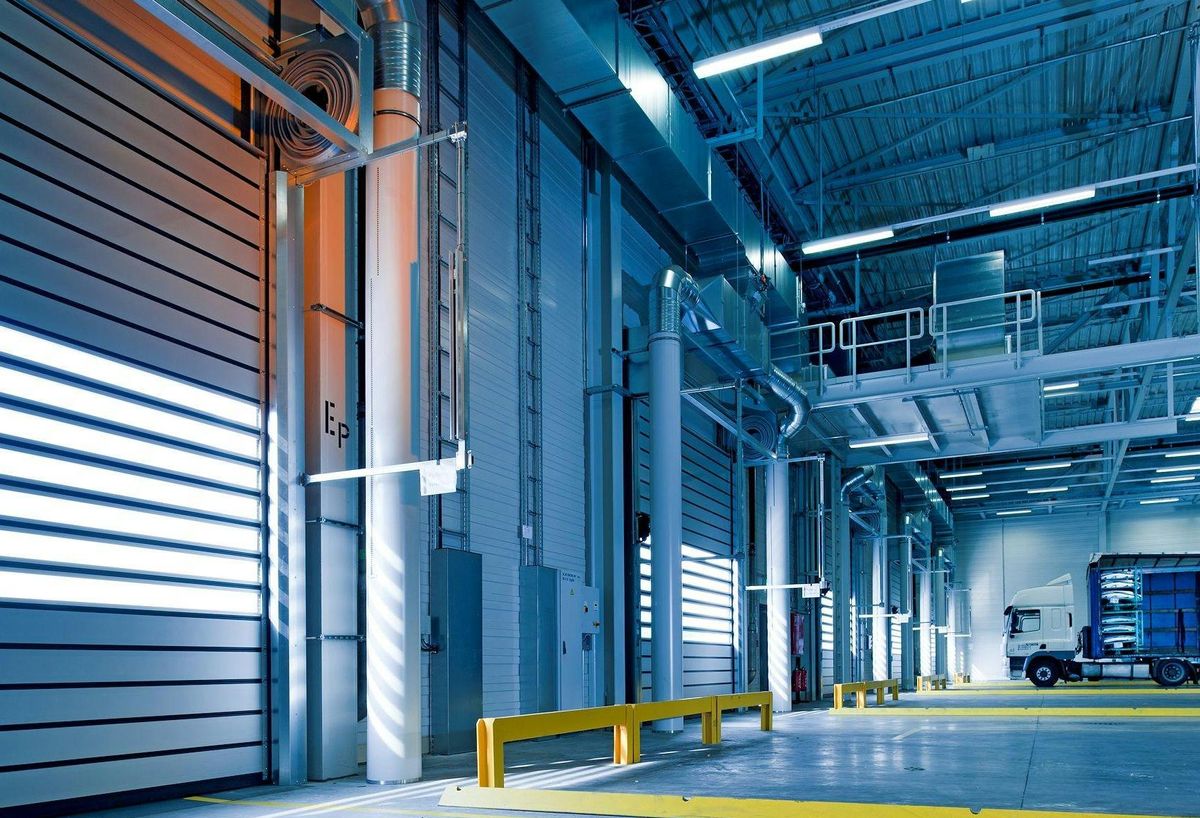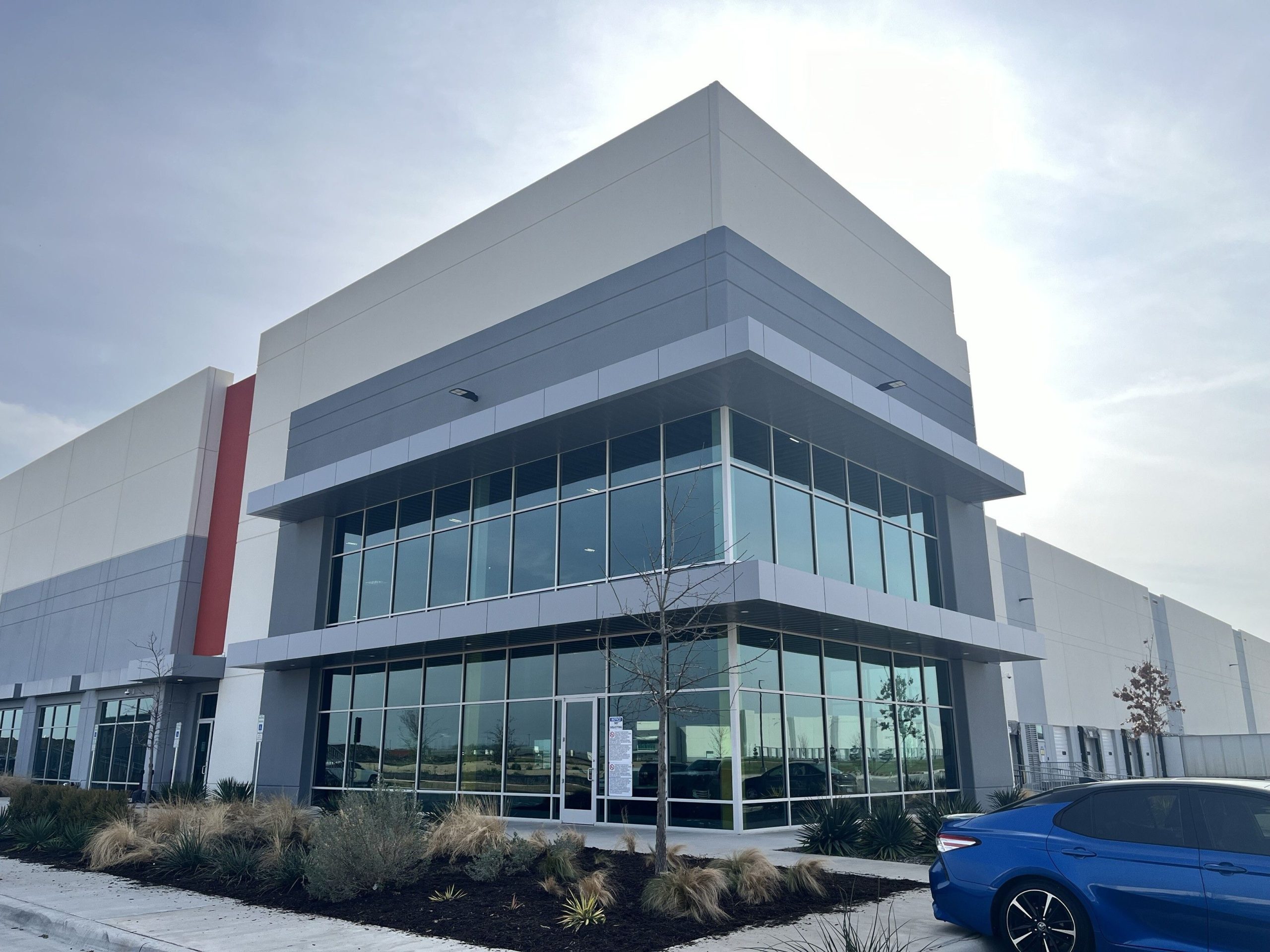How Top Food Manufacturers Are Revolutionizing Production Efficiency
Manufacturing
2025-03-13 18:48:08Content

Navigating Knowledge Transfer in the Food and Beverage Industry: Strategies for Sustainable Success
By John Robertson, Vice President, Food & Beverage and Consumer Packaged Goods, Life Cycle Engineering
Key Insights
The food and beverage industry is currently facing a critical challenge that threatens its operational excellence and long-term sustainability: the impending knowledge drain caused by an aging workforce and widespread retirements. As experienced professionals prepare to exit the industry, organizations must develop strategic approaches to capture, preserve, and transfer their invaluable institutional knowledge.
The Knowledge Gap Challenge
With a significant number of seasoned professionals approaching retirement, companies are at risk of losing decades of specialized expertise, nuanced understanding of complex processes, and critical problem-solving skills. This potential knowledge exodus represents more than just a human resources issue—it's a strategic vulnerability that could impact productivity, innovation, and competitive advantage.
Proactive Knowledge Preservation Strategies
- Implement comprehensive mentorship programs
- Develop robust documentation and knowledge management systems
- Create cross-generational learning opportunities
- Invest in systematic knowledge transfer initiatives
By adopting a forward-thinking approach to knowledge management, food and beverage organizations can ensure continuity, maintain operational excellence, and cultivate a culture of continuous learning and innovation.
Navigating the Future: Strategic Transformation in Food and Beverage Manufacturing
In the rapidly evolving landscape of food and beverage production, companies are facing unprecedented challenges that demand innovative approaches to organizational sustainability, technological integration, and workforce management. The industry stands at a critical crossroads where strategic adaptation is not just an option, but a fundamental requirement for survival and growth.Revolutionize or Risk Obsolescence in Modern Manufacturing
Workforce Dynamics and Knowledge Preservation
The impending wave of retirements threatens to create a massive knowledge vacuum within the food and beverage sector. Organizations must develop sophisticated knowledge transfer strategies that go beyond traditional mentorship programs. Implementing comprehensive digital knowledge management systems can help capture the institutional wisdom of experienced professionals before they exit the workforce. Advanced technologies like artificial intelligence and machine learning can play a crucial role in documenting and preserving complex operational insights. By creating interactive digital repositories, companies can ensure that critical operational knowledge remains accessible to emerging talent, bridging generational expertise gaps and maintaining operational continuity.Technological Integration and Operational Excellence
Modern manufacturing demands a holistic approach to technological transformation. Companies must invest in cutting-edge technologies that not only enhance productivity but also provide real-time insights into operational performance. Advanced sensor technologies, predictive maintenance algorithms, and integrated data analytics platforms are becoming essential tools for competitive advantage. The convergence of operational technology and information technology creates unprecedented opportunities for optimization. Smart manufacturing systems can now predict equipment failures, optimize supply chain logistics, and dynamically adjust production parameters with minimal human intervention. This technological ecosystem enables unprecedented levels of efficiency and responsiveness.Strategic Talent Development and Skill Transformation
The future of food and beverage manufacturing hinges on developing a workforce capable of navigating complex technological landscapes. Organizations must create robust training ecosystems that continuously upskill employees, focusing on digital literacy, technological adaptability, and strategic thinking. Collaborative partnerships with educational institutions and technology providers can help design targeted learning programs that address emerging skill requirements. By creating clear career progression pathways and investing in continuous learning, companies can attract and retain top talent in an increasingly competitive labor market.Sustainable Manufacturing and Environmental Responsibility
Environmental sustainability has transitioned from a corporate social responsibility initiative to a fundamental business imperative. Food and beverage manufacturers must integrate comprehensive sustainability strategies that address resource efficiency, waste reduction, and carbon footprint management. Innovative approaches such as circular economy principles, renewable energy integration, and advanced recycling technologies are becoming critical differentiators. Companies that demonstrate genuine commitment to environmental stewardship will not only mitigate regulatory risks but also enhance brand reputation and customer loyalty.Resilient Supply Chain Architecture
Global disruptions have exposed the vulnerabilities of traditional linear supply chain models. Manufacturers must develop agile, adaptive supply chain architectures that can rapidly respond to unexpected challenges. This requires sophisticated risk management strategies, diversified sourcing mechanisms, and advanced predictive analytics. Digital twin technologies and blockchain-enabled traceability systems can provide unprecedented visibility and control across complex global supply networks. By creating transparent, responsive supply chain ecosystems, companies can transform potential vulnerabilities into strategic advantages.RELATED NEWS

Healing Hub Rises: Pegasus Park Unveils Cutting-Edge Therapeutics Campus Alongside DFW's Healthcare Heroes
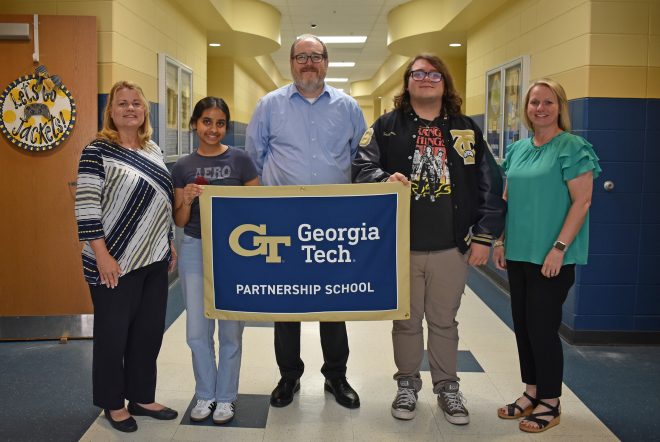
Cutting-Edge Manufacturing: Thomas County Schools Secure Innovative Grant to Boost Student Skills
